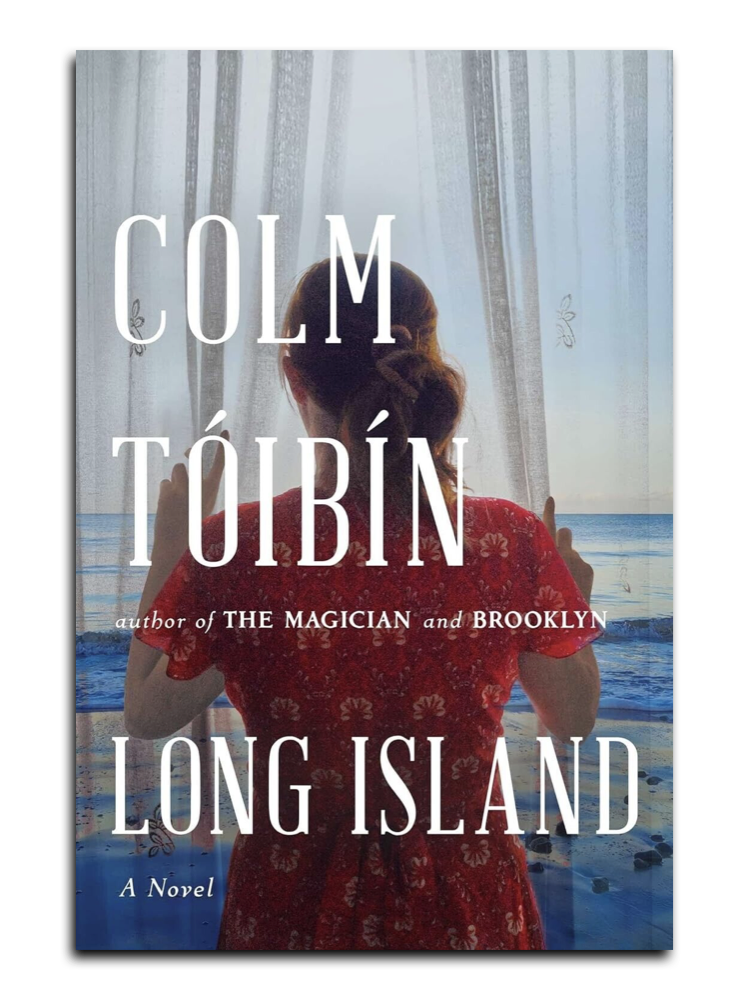Long Island by Colm Tóibín
With Long Island, Tóibín brings back his quietly incredible character, Eilis Lacey from Brooklyn. In Brooklyn, Eilis emigrates to the United States from Ireland in the early 1950s. There she gets a job, falls in love, and finds her way. After a family tragedy pulls her back to Ireland for a brief time, instead of everything feeling familiar, she feels oddly disconnected, walking through a dreamland she once called home.
One of my favorite aspects of Brooklyn was that while Eilis was endearingly young and sweet, she wasn't without agency, especially as she grew over the course of the novel. The transitional time period Tóibín explores with Eilis is a beautiful arc as she goes from older adolescent into a fully grown young woman, reflected in having to navigate the experience of moving to a new place and finding herself there.
Long Island was a really dissatisfying experience for me. Tóibín seemed to forget his character — or at least what I knew her to be from the previous novel. There was so much quiet beauty as Eilis steered herself through a world of firsts. And the agency she gained, seemed completely forgotten by the author when returning to her twenty years later.
Eilis has been married to Tony Fiorello for the past twenty years, and they have two children together. Tony and Eilis live in the planned cul-de-sac on Long Island with his Italian-American family filling out the street and residing in the neighboring houses. Sadly, Eilis has not returned to Ireland in all this time, but her relationship with the sisters-in-law and her mother-in-law don't reflect decades spent together developing a deeper connection.
The novel opens with news reaching Eilis directly that her husband has had an affair, resulting in a child on the way. Eilis remains firm that she will have no part in raising the child, and heads to Ireland with her kids to follow in a few weeks.
At first, I was pulled into the story firmly. I didn't love the lazy characterization for Tony and the easy way of getting Eilis back to Ireland with an extramarital affair and a subsequent pregnancy, but I was willing to overlook it when I saw how strong and steely Eilis was holding. However, what I took for confidence and determination, a natural follow-through from her growth in the previous book, soon gave way to a childish stubbornness. Instead of feeling oddly unchanged by the years, she felt like an alternate version of the younger Eilis. She lost her growth, failed to reflect an appropriate amount of time having passed, and the character suffered heavily for it.
Honestly, I was shocked that this one was just over 300 pages because it took me forever to get through it. Because, on top of everything else...it was fairly boring. As the book continued, the more I felt that Tóibín had done such a disservice to his character. While her story isn't unbelievable in the slightest for women in the 1970s, it didn't feel like a continuation of his carefully constructed portrayal and thoughtful storytelling in Brooklyn. Instead, this felt like a gross comeuppance for Eilis and events that happened during the very peak of her grasp of control of her life.

